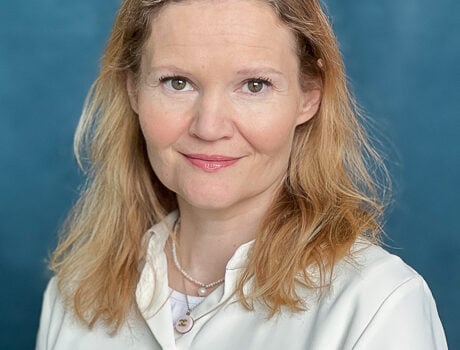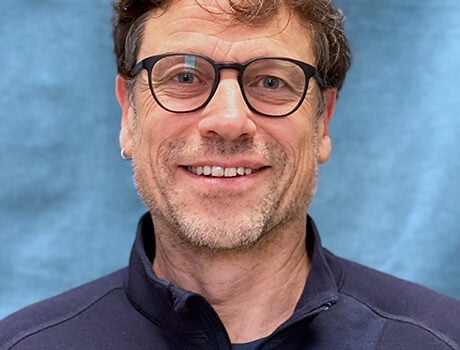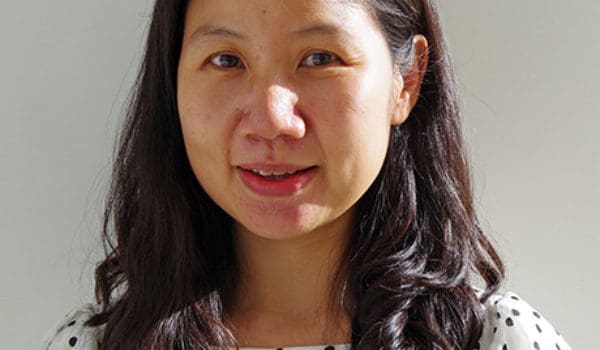
Helene Muri
Helene Muri is a Senior Scientist at NILU, and Adjunct Senior Researcher at NTNU's Department of Energy and Process Engineering.
Muri works in climate and environmental research, with a particular focus on carbon dioxide removal, solar radiation modification (geoengineering), and quantification of emissions and emission reductions in e.g. the transport sector. She has published over 70 peer-reviewed articles and contributed to the IPCC's sixth assessment report in Working Groups 1 and 3. She chairs the European Marine Board Working Group on Marine Carbon Dioxide Removal and has contributed to updates to the United Nations Convention on the Law of the Sea (UNCLOS). Muri is also an active research communicator with over 250 media contributions, including interviews with CNN, BBC and NRK, as well as op-eds in Aftenposten and Dagens Næringsliv.
She graduated from The University of Reading with a BSc (Hons) in Meteorology and earned a DPhil (PhD) in Atmospheric and Oceanic Physics from The University of Oxford, UK, in 2009.


















